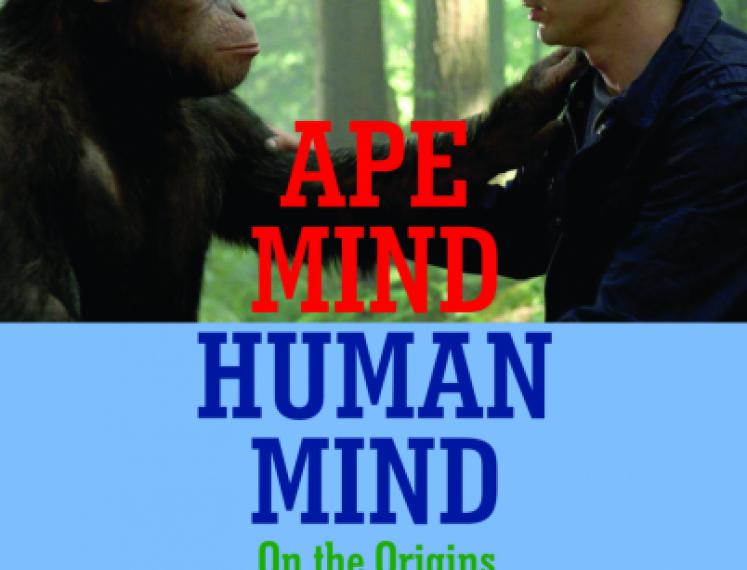Ape Mind, Human Mind
Why do the minds and societies of apes and humans differ as much as they do? Simply saying that humans are more intelligent does not yet explain how this situation evolved. It is becoming increasingly clear that the crucial difference between human cognition and that of other species is the ability to participate with others in collaborative activities with shared goals and intentions. Participation in such activities requires powerful forms of understanding the minds of others, of cultural learning, as well as a unique motivation to share psychological states with others. The result of participating in these cultural activities is a species-unique form of cultural cognition and evolution. Cooperation enables all those features that are distinctively human: from the creation and use of linguistic symbols, the construction of social norms and individual beliefs, to the establishment of social institutions.
Michael Tomasello is Co-Director of the Max Planck Institute for Evolutionary Anthropology in Leipzig since 1998. He is one of the very few people to have done systematic research on the cognitive capacities of both nonhuman primates and human children. He has worked to identify the unique cognitive and cultural processes that distinguish humans from their nearest primate relatives, the great apes. He studies the social cognition of great apes at the Wolfgang Köhler Primate Research Center in Leipzig. In his developmental research he has focused on how human children become cooperating members of cultural groups, focusing in recent years on uniquely human skills and motivations: joint intentions, joint attention, collaboration and social norms. His books (translated into 11 languages) include: First Verbs (1992); Primate Cognition (1997); The Cultural Origins of Human Cognition (1999); Constructing a Language: A Usage-Based Theory of Language Acquisition (2003); Origins of Human Communication (2008), and Why We Cooperate (2009).
The Griph-lecture is the annual lecture of the Groningen Institute of Philosophy. This lecture is organized by the Faculty of Philosophy of the University of Groningen, in cooperation with Studium Generale Groningen.
Links
Wikipedia: Michael Tomasello
Youtube: Portret and interview
Jacobs Foundation: Klaus J. Jacobs Research Prize 2011





